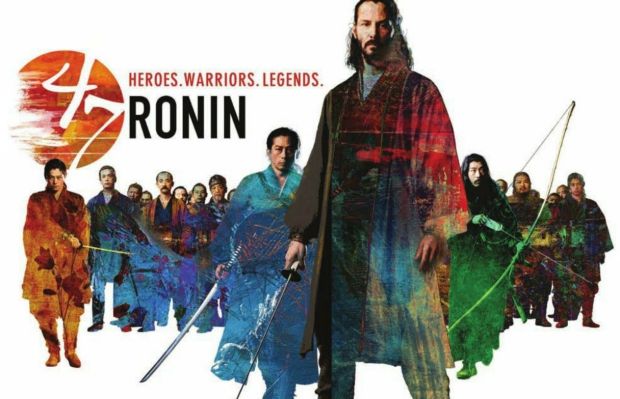I’ve taken some time over the last little while to review
some games I have had sitting on my HD for quite some time. Some of these were
free games. In other cases, they were PDFs I had bought, but never really took
a look at. I have to be honest, folks. There is a lot of crap out there.
I am not talking about some people like some games better
than other people. I am not talking about how some systems may be better
balanced or more functional than others. I am talking about half-written,
derivative hunks of junk. Now, don’t get me wrong. I have a lot of that stuff
on my hard drive with my name in there as the author. I haven’t been so bold to
put it out there on the internet.
I did recently run a test to get a better understanding of
the process of self-publishing gaming PDFs through DriveThru RPG when I
released
OSR Gems. It certainly isn’t the
best book out there, but it’s relatively cheap. It was really, for me, a test
more than anything else. Do the tools I have meet the standards for
publication? What kind of turmoil must I go through to actually post and
release the book? Those kinds of things. In all, it wasn’t too bad.
However, as I look around at some of the stuff I’ve picked
up over the years, I find that a sizeable chunk is wholly worthless to me. Many
contain large sections of portions copy and pasted (and, if I am lucky,
reformatted) internet ramblings. A number bring nothing new to the table. Some
are as if someone, in some sort of drug induced stupor, decided they wanted to
create a role playing game, but didn’t quite know how to do it or where to
start.

I’m going to avoid mentioning any names here. Part of the
reason is some of these books or projects share a name with successful and
beautiful games. That is, they are not associated with that game or the better
known versions of it, but they used the same name—this is especially true for
some of the fan stuff games freely available on the internet. The other reasons
are because (a) maybe the creator was just having a bad day or year and (b)
some of this stuff other people may actually enjoy. Frankly, I’m not ready to
get into the ripping apart of any specific project bit by bit let alone argue
the point with anyone.
Let’s just all agree to a single statement. Some of the
stuff you find online (free or for sale) is complete and utter rubbish.
Getting that out of the way, I think there’s reasons for all
of it. In many cases, it’s free stuff. Someone was working on a project, wanted
to share it. Perhaps the feedback killed the project. Perhaps real life came in
and disrupted things. Maybe they got good feedback and decided to take
continued development offline and put a more professional spin on things. Maybe
the creator or creators were just really that clueless and they thought what
they had put together was good. Maybe it was someone trying to make a quick
buck in a segmented market. I am sure, between us, we could come up with
several more reasons.
Now, why do I bring this up.
Let me let you in on a little secret.
I am afraid of being that
guy.
I have a lot of ideas, although I sometimes have difficulty
in pinpointing their proper execution. I have a lot of stuff going on in the
real world that distracts me. I have 99 problems, but being a successful gaming
publisher isn’t one of them, if you get my drift. What if I put out something
that bombs? Worse yet, what if I don’t know how horrible it is. The first PDF I
put out for OSR last week could have been better. My co-creator suggested a
specific look for the images to make it more “old school.” I’d figure we’d give
it a try. It was an idea anyhow. So far, it’s the only negative criticism I
have gotten, which is not bad, but I haven’t gotten a lot of feedback by any
means.
I want to be the guy who puts together and puts out
something awesome. That’s part of the reason I have this blog. You, my willing victim…er,
audience, give me a lot of feedback and a lot to think on. I think that’s
awesome. I write a LOT on a daily basis for work, so teaching myself that
writing is still also my passion is another key reason for this blog. I get
something back by posting here, so that’s why I do it.
Meanwhile, I take time to consider my next move out there.
There are a lot of things I could work on, but I need to find the right one
worth putting the time, effort, and other resources into. Now, I’ll come back
and touch on that later, because I love the feedback I get here. I wonder if
such a supportive and active community would’ve helped prevent some of these
other disasters I refer to earlier.
Now, I’m going to come back in awhile and talk about my
goals for putting together a good gaming product. These are more overly
generalized things that I think need to be there for me to be proud of it. In
the meantime, I open the floor to you. Have you guys seen the kind of garbage I
am talking about? What do you think when you see it? What are some of the
biggest missed opportunities you see in these lackluster attempts?







